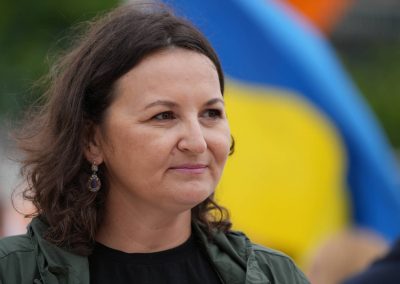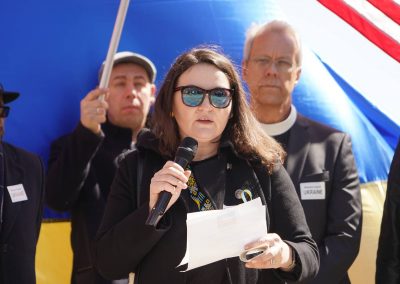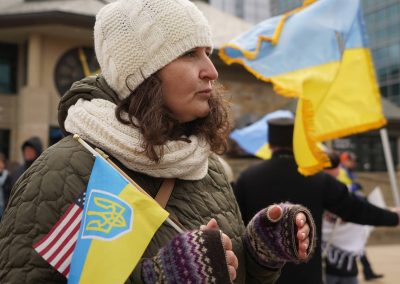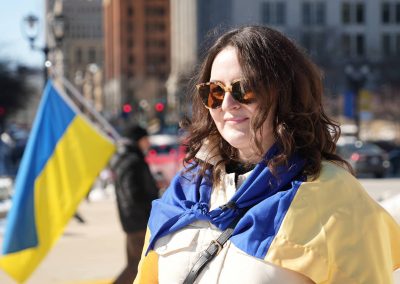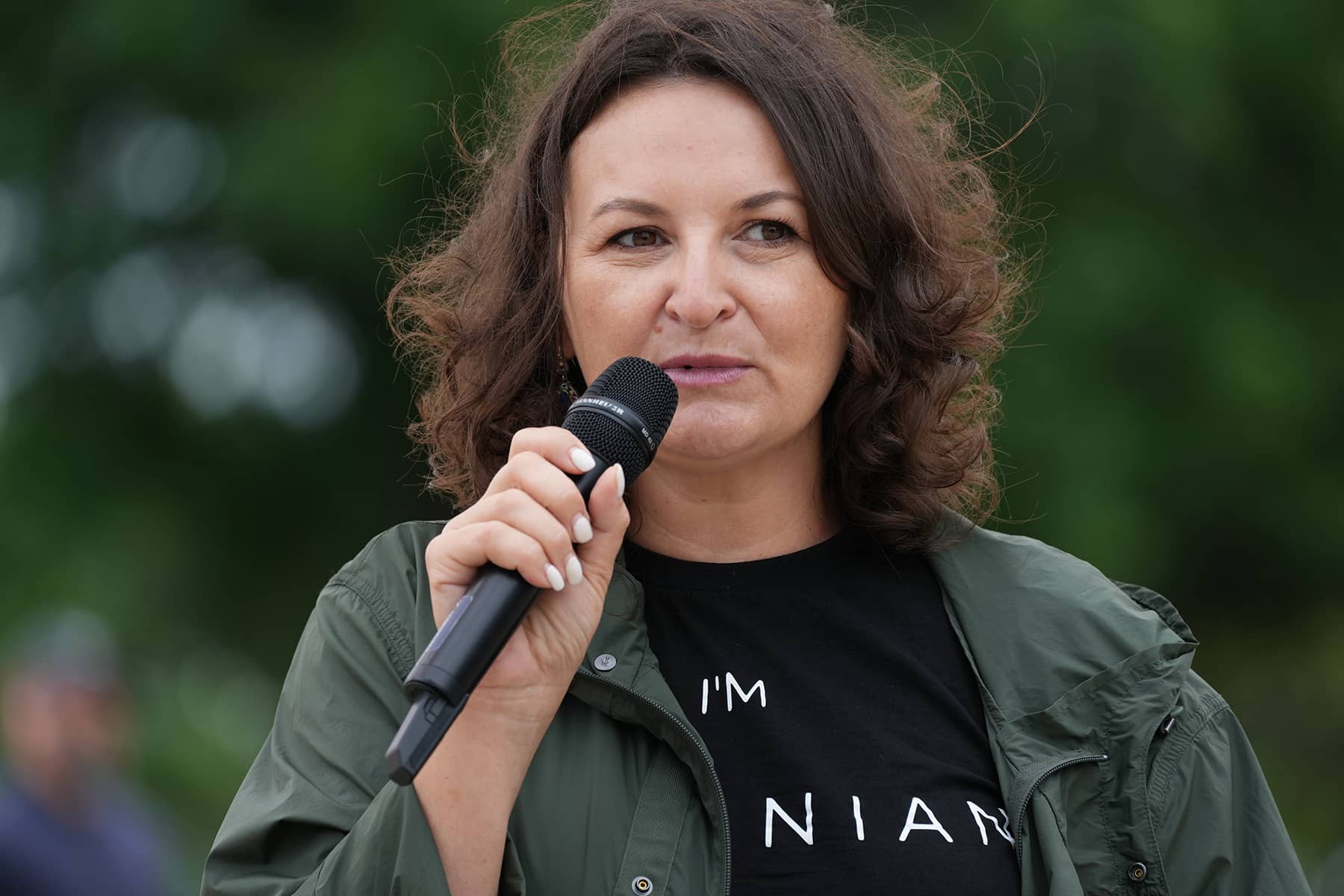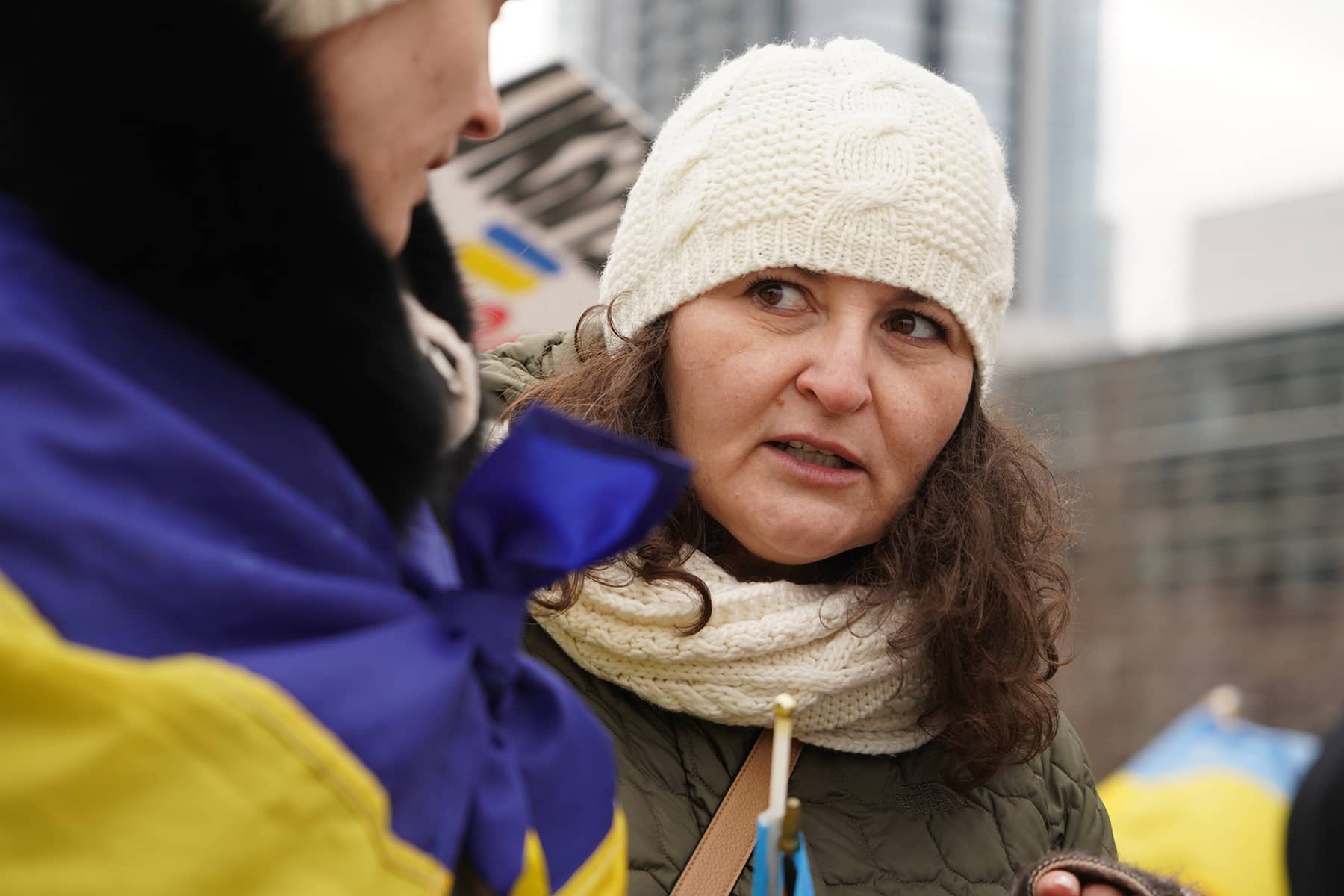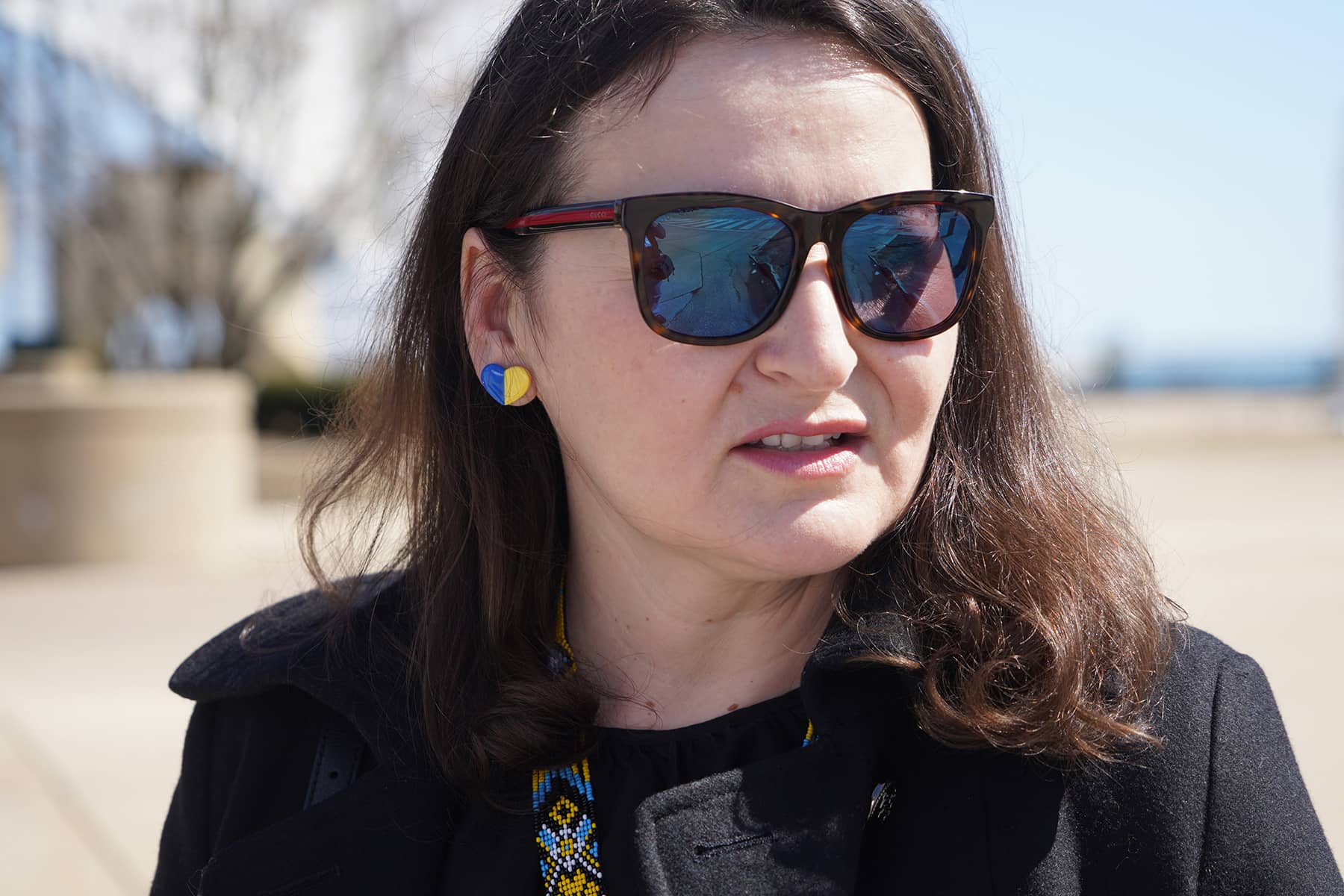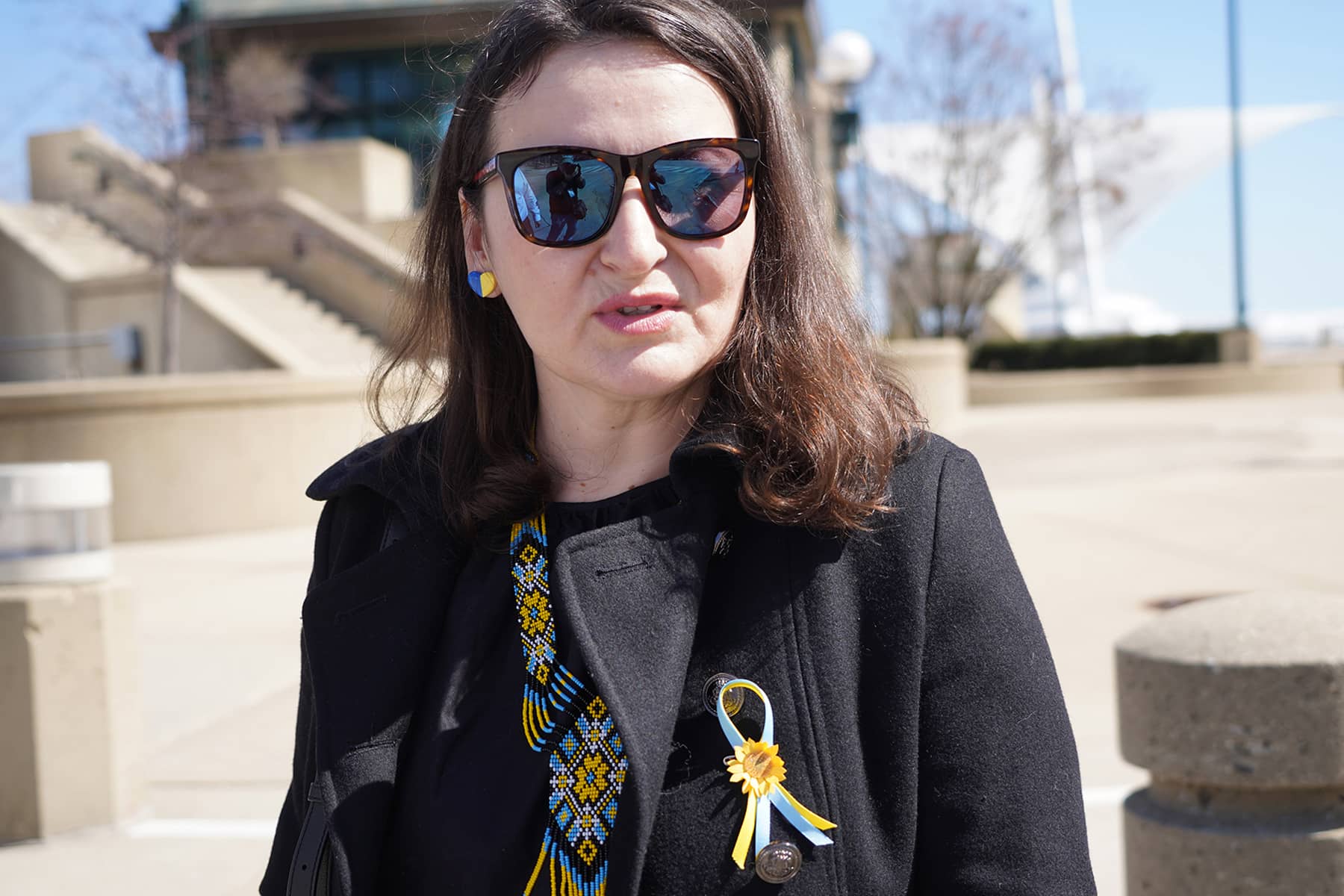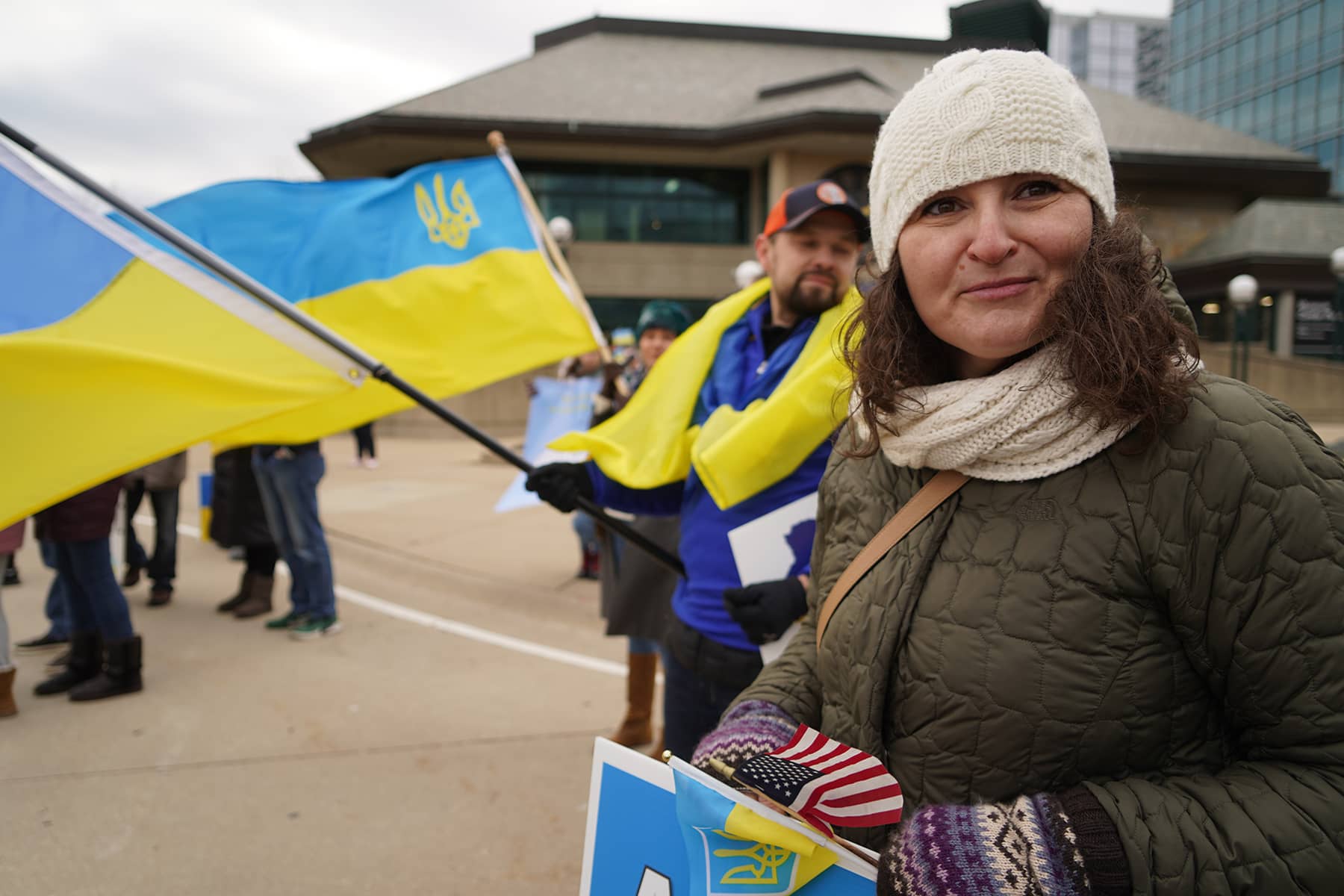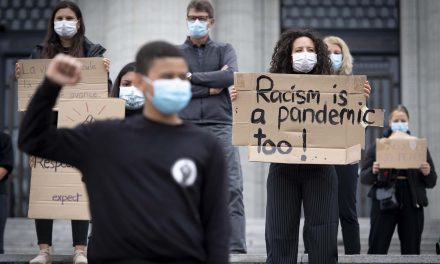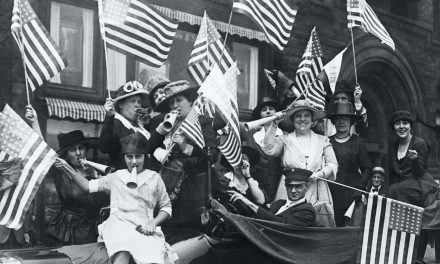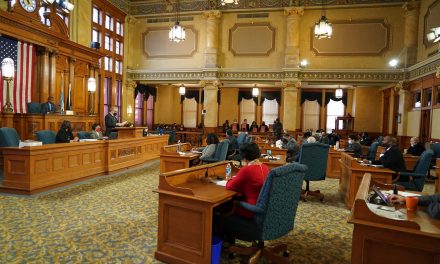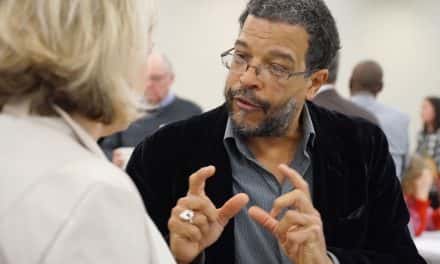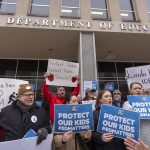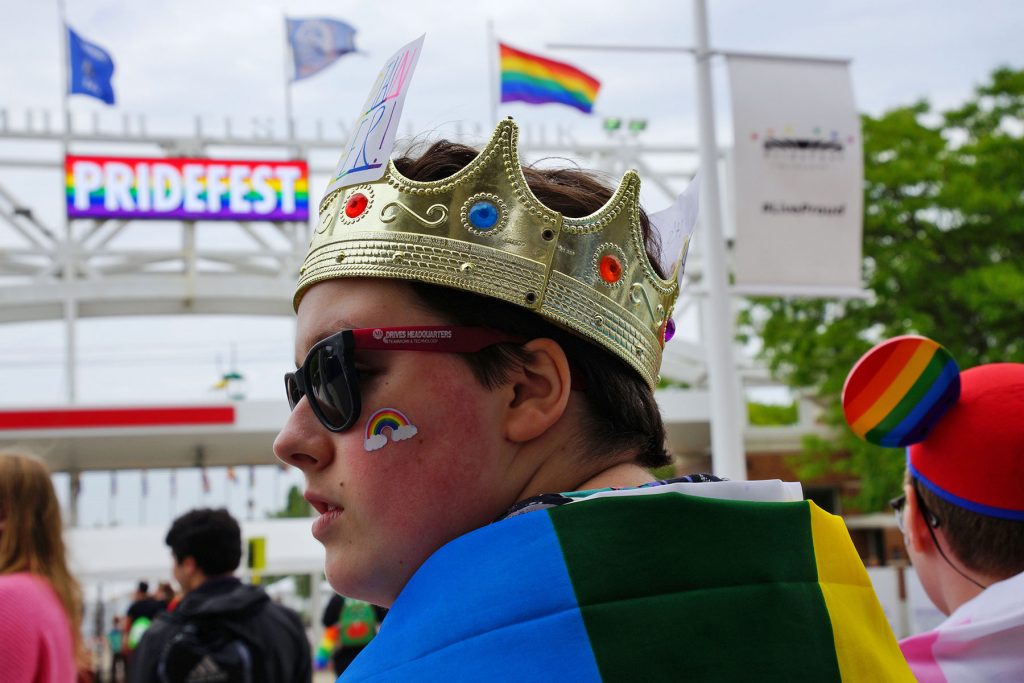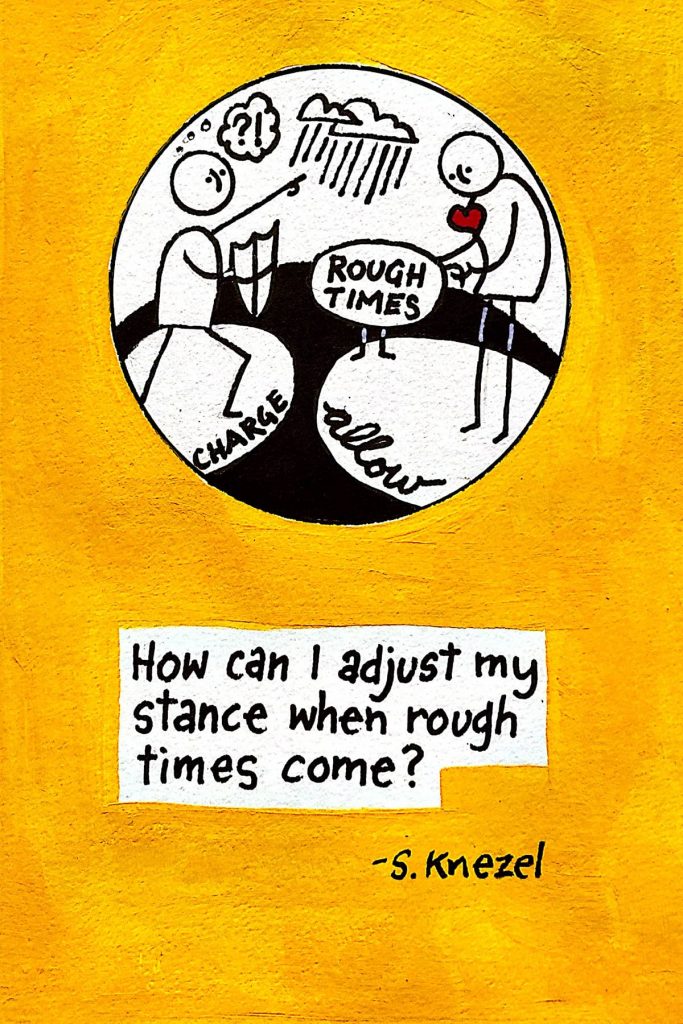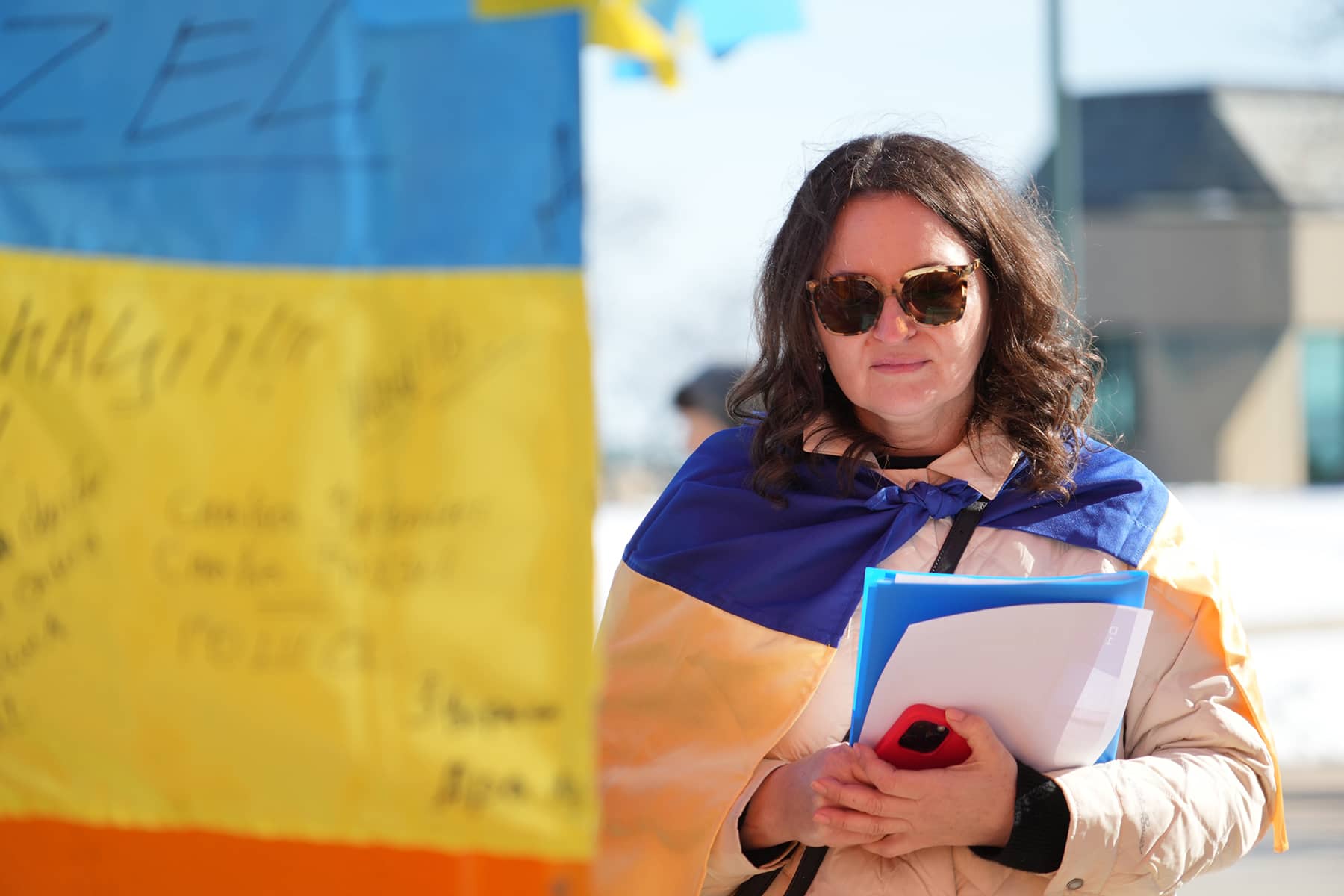
Parents in Milwaukee, like those everywhere, understand the universal struggle of balancing work with home life. It is a common challenge to juggle job responsibilities with family demands. What is more uncommon is when the job in Milwaukee involves raising funds to save lives in the brutal war against the people of Ukraine.
Halyna Zdyrko Salapata has mobilized support, raised awareness, and inspired countless individuals to stand with Ukraine during its darkest hours. But as a mother, she feels guilty at times for not spending enough time with her children.
“That is the most painful thing, because I miss so many activities,” said Salapata. “I have to choose my battles, and my battle is in Ukraine right now. My kids know I cannot attend their school functions, because I need to organize fundraisers and events for Ukraine. It is stressful. And then I feel bad about spending so much time on this instead of with my kids.”
Salapata arrived in Milwaukee in 2002, three years after immigrating to the United States from Ukraine. Initially residing in Seattle, she eventually settled in Milwaukee to build a life centered around her family and community.
“Before the full-scale invasion started, I basically just raised my family, made plans with my kids, and tried to get them into as many activities as I could. I enjoyed kayaking, yoga, running, and going to see my son at all kinds of sports events,” said Salapata. “My personal goal was also to see as much of the world as I could — traveling was my big passion.”
Her move to the United States was initially driven by her best friend, who encouraged her to apply for a diversity visa – otherwise known as a green card. Salapata thought at most she would just spend a few months in America with her friend, to keep her from feeling too homesick.
“I did not have time to travel to America. I was an accountant and worked at my family’s factory in Berezhany, my hometown. I was very busy. But then she said, ‘Just come and see. If you don’t like it, you don’t have to stay.’ So, I applied for that visa. It is a lottery with a low chance of winning.”
She just went through the motions to make her friend happy, never thinking she would actually win. And then, Salapata won the visa lottery.
Even with Ukraine experiencing economic troubles at the time, Salapata never thought beyond earning just enough to get her own apartment. But that unexpected turn of events in 1999 marked the beginning of her new life in America.
Years later, the Russian full-scale invasion of Ukraine came in 2022. What had been a normal trajectory for her life changed course. Despite Ukraine fighting Russia to keep its sovereignty since 2014, the massive offensive was sudden and devastating in nature. Along with the death and destruction it brought was a new level of fear and chaos.
“I was waiting for the COVID-19 pandemic to be over. I thought that was the biggest disaster in the world. When my American friends back in November 2021 were asking me, ‘Do you think the war is going to start?’ I was so frustrated. The war had already been there for 7 years.”
For most Ukrainians in Milwaukee, they had been volunteering and trying to get together as much help as they could to send to Ukraine since 2014. And like many others, Salapata thought the Russian dictator was just preparing another stunt to blackmail the West into getting what he wanted. But what followed in late February 2022 was beyond anything that anyone could have imagined.
“Even people in Ukraine were sure nothing like a full-scale invasion would happen, with rockets flying all over Ukraine,” Salapata recalled. “I was on social media at around 10:00 p.m. with a group of parents from the Ukrainian Dance Ensemble when it started. Someone in a Ukrainian chat said they could hear explosions in Kyiv. I was like, ‘No way, this cannot be happening.’ But then there was panic, and I was scared for everybody I knew in Ukraine.”
Growing up with the legacy of World War II and the memories of Soviet occupation, Salapata felt like she was reliving the trauma of those dark times. That chapter marked the beginning of an intense period of activism and community mobilization in support of her former homeland.
In the early days of the invasion, the Ukrainian community in Milwaukee – along with supporters – rallied to raise awareness and gather aid. Despite her initial lack of experience in advocacy, Salapata quickly emerged as a trusted leader and strategic organizer.
“When the full-scale invasion began, we lost all track of time. We did not even know what day it was. We were counting the hours, we were so sure it would be over soon because the world would step in and not let it continue,” said Salapata. “I was sure the phrase ‘never again’ meant something.”
Many like Salapata were in a bubble that completely revolved around the war, nonstop. She would worry about the safety of her family in Berezhany, so close to Russia’s ally Belarus, while following the flood of messages and news updates across social media. Streams of photos documented destroyed buildings, and clips of video showed Russian troops rolling across Ukraine. The news was unceasing and all of it bad. But in Milwaukee, she was also surrounded by people who were eager to help.
“In the beginning, we did not have a nonprofit organization. So, we were literally going to all the pharmacies we could find, to Costco, to Walgreens, and buying medical supplies off of lists we received from Ukraine, because they needed everything,” said Salapata. “I never imagined something like this would happen. But it is amazing that people, even if are tired, do not stop supporting Ukraine.”
In November 2022, Salapata took on the role of President of Wisconsin Ukrainians, a grassroots nonprofit organization dedicated to supporting Ukraine and promoting Ukrainian culture in Wisconsin. But since the full-scale invasion began, for the last two and a half years, she has been fundraising around the clock, begging for money, begging for help. All while trying to balance her advocacy with her personal responsibilities.
Despite the fatigue, she finds solace and motivation in the support and feedback from those she helps. The gratitude expressed by Ukrainians who have benefited from her efforts provides Salapata with the strength to continue.
“I remember at one rally saying, ‘We are helpless, but not hopeless.’ Sometimes I feel hopeless because the war continues. With Putin’s strong allies like North Korea, China, and Iran, it’s really scary,” said Salapata. “I wish the world supported Ukraine more with actions, not just words. The war could end faster. But helping Ukrainians gives me strength. Messages like, ‘…Your tourniquets saved my life,’ or ‘…Your emergency kit saved someone,’ give me the energy to move forward. It is therapeutic and it keeps me going.”
While support from the Milwaukee community has been heartening, there have also been disappointments. The emotional toll of sustained activism is tangible, and not everyone has been able to maintain their level of engagement. But Salapata acknowledged the reality.
“Disappointment? Of course it is there. People do get tired. People have families, people have work,” said Salapata. But I say don’t complain that someone else doesn’t support Ukraine if you’re not showing your support. Not everyone can donate money or time, but showing up at rallies or events is important. That brings more attention to the issue, helping resolve it faster.”
With delegates from across the United States being in Milwaukee from July 15 for the weeklong Republican National Convention, Salapata remains hopeful that members of the GOP will continue to support Ukraine. Her message to Republicans: “This is our chance to stand in solidarity.”
“I want to thank Republicans who support Ukraine, and ask those who do not to look deeper into the issue,” said Salapata. “If the war is not stopped in Ukraine, it will spread to NATO countries, and then we are all in trouble. We need more actions, not just words, from Republicans and Democrats. It is a hard year with the upcoming election, but we need support from both sides.”
Salapata also urged the public to continue their support for Ukraine until a complete victory over Russia’s brutal occupation of its territory is achieved. Ukraine has been fighting America’s enemy, but it cannot continue alone.
“We cannot rely on humans without weapons. As strong as Ukrainians are, they need weapons, they need more ground support, they need air defense systems, and it’s not there,” added Salapata. “There is plenty of death and destruction, but not enough help to stop it.”
© Photo
Lee Matz

